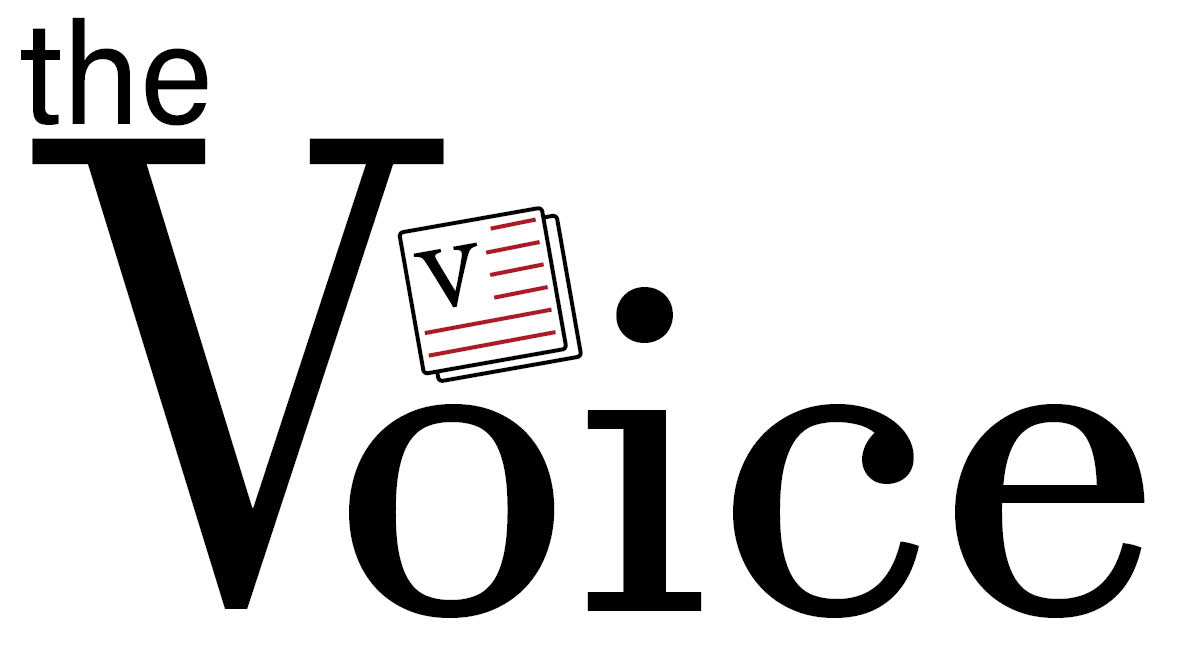Is summer school worth the sacrifice?
Summer school consists of various pros and cons that students should consider before registering
Opting in summer school courses provides open schedules, but misses out on key components of learning during the school year.
April 23, 2023
With the school year coming to an end, students are deciding if they want to register for summer school. Whether the decision is based on credit recovery or getting ahead, both options are available to students, but is it worthwhile?
During the summer, Huntley High School offers American Government, Drivers Education, U.S. History, Personal Finance or Consumer Education, and credit recovery courses. Session one, which is in-person and starts at 8 a.m. until 12:15 p.m., begins June 5 through June 29, whereas session two is asynchronous and begins July 5 through 27.
One factor when considering summer school is the cost and the additional fees with transportation. Depending on the class, credit recovery courses cost $50, get ahead courses cost $125, Drivers Education cost $250, and transportation cost an extra $55.
Furthermore, an additional drawback to summer school is obvious: sacrificing summer break. Additionally, students will be constrained to the same classroom for four hours a day, thus leading to boredom and potential issues when learning at a fast pace.
“You’re going to naturally miss out on some opportunities,” assistant principal Tom Kempf said. “You’re not going to get into the level of detail for every topic like you would in a traditional classroom setting.”
Although the cost, classroom setting, and timeframe are considerable factors, summer school is also beneficial for multiple reasons. Students on the credit recovery path have a low pressure environment when retaking a course. Likewise, students are also able to open space in their schedules and the workload is significantly reduced.
“A pro is that you’re very independent and you get a lot of time to do a very minimal amount of work,” sophomore Savannah Stone said.
Nevertheless, as you compare and contrast the positives to the negatives, be mindful that summer school is not suitable for everyone and in-school learning is just as imperative and useful.
“I prefer in-school learning just because the content is more spread out and less stressful to manage,” sophomore Nevaeh Fondjo said.



